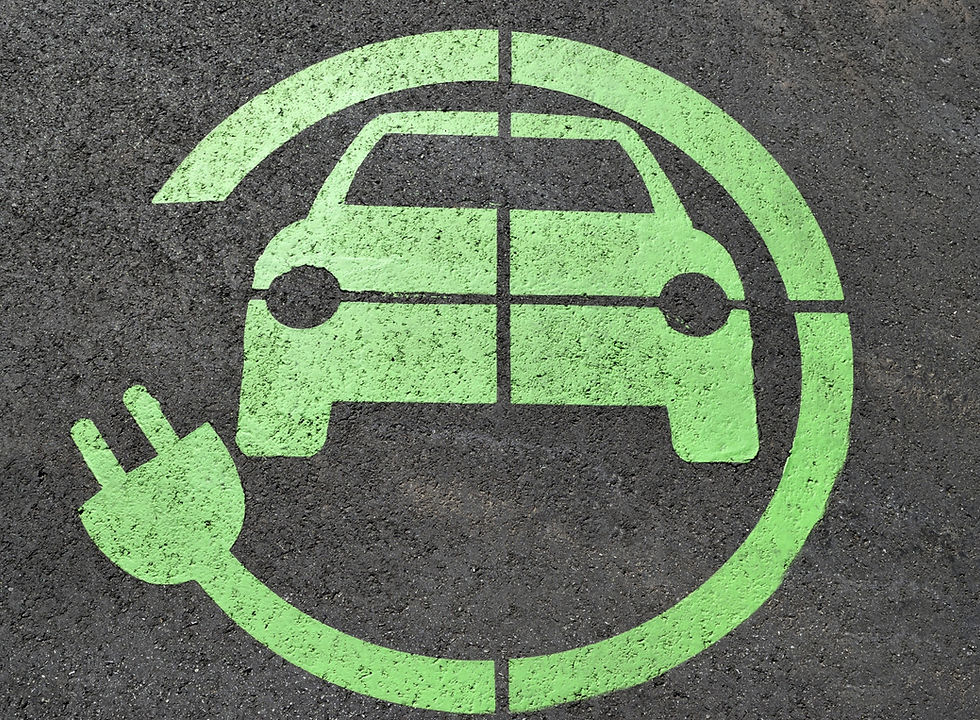Ukraine's No Laughing Matter
- Dennis Marinovsky

- Apr 9, 2019
- 3 min read

As I write this article, the war over the Donbass region of Ukraine has lasted exactly four years. While most of the world has moved on, distracted by the atrocities occurring daily in the distant deserts of Syria and Yemen, the people of Ukraine remember, four years and nearly 15,000 dead citizens later.
Now, these people are going to the polls.
Since 2014, when popular protests topped the pro-Russian Yanokovych administration that gave way to a provisional government, the people of Ukraine have been uncertain about their future. The country lies divided between forces both external and internal. For much of its history, Ukraine has been locked between foreign powers intent on domination, with Turks, Poles, Russians, and Germans all having trampled on her fields of golden grain. Even now, the Ukrainian citizenry is split between nationalist elements who dream of a European future for their nation and a significant Russian minority who feel alienated by the west and feel kinship, both culturally and politically, with their ethnic homeland.
The Ukrainian ship of state now straddles the boundary between the tempest of corruption and the clear waters of democracy, and there are two captains who seek to commandeer it.
While over 44 hopefuls advanced their candidature, only two still stand after the preliminary round of votes—the comedian Volodymyr Zelensky and the incumbent mogul Petro Poroshenko.
The latter of the two has lead Ukraine since the beginning of the war, marshalling its forces against the unlawful annexation of the Crimean peninsula and rogue Russian secessionists, seen by many to be just proxies of Putin and his cronies. Many Ukrainians see in him a stoic, reliable figure who represents the traditional values of his nation.
However, like any politician, Poroshenko is in no way perfect. His ownership of a colossal chocolate conglomerate and corporate connections cast great doubts on his integrity, and many of his constituents are wary of yet another tycoon sitting within the Marinskiy Palace. Furthermore, his hardline stance on the preservation of Ukrainian culture makes reconciliation with incensed Russian minorities extremely unlikely. While a portion of the Donbass insurgents are either Russian mercenaries or opportunistic warlords, many amongst their ranks are simple men who see rebellion as their only option in the face of a nationalist government, a sentiment that is no way dispelled by the recent law that revoked the Russian language’s regional status.
This is where the challenger, Volodymyr Zelensky, steps in. Having originally found fame as the producer of a political television satire, Zelensky has imbued his campaign with an aura of humility, setting himself in direct contrast to the established political networks—a tactic that has drawn comparisons with Donald Trump.
When it comes to his policies though, Zelensky is anything but. He routinely opposed censure of the Russian language on national television, but has also endorsed an eventual referendum on joining the European Union and NATO—he is ostensibly the very embodiment of compromise. Of course, even he is not immune from criticism—where does his TV persona end and the politician begin? Will charisma and humor alone be able to turn the course of Ukraine’s established political structures?
Whether or not we find the answers to these questions, we know one thing for sure: whichever choice Ukraine makes on the 21st, her people will have stated loud and clear that they will not lie down without a fight.
Sce ne vmerla Ukrajina—Ukraine has not yet disappeared.
Photo courtesy Pete Souza via Wikimedia Commons




Comentários